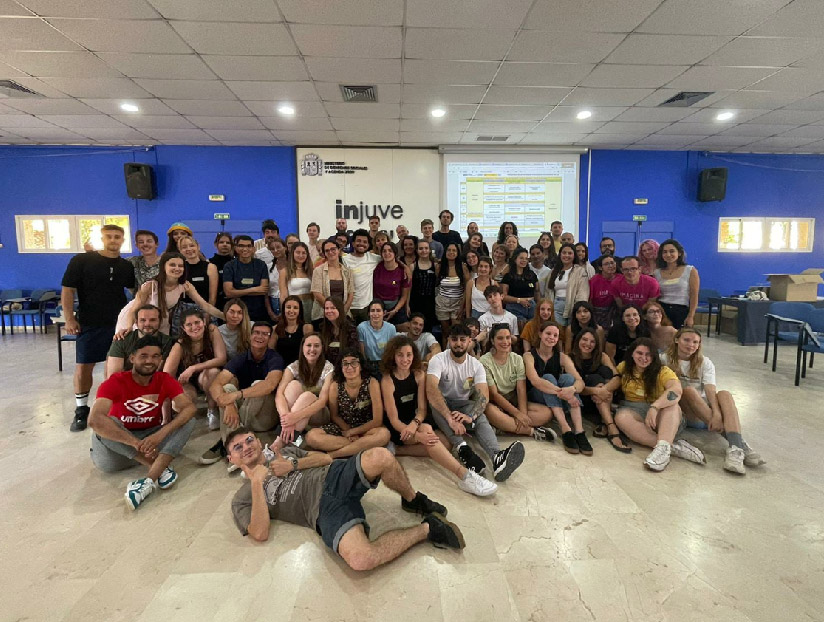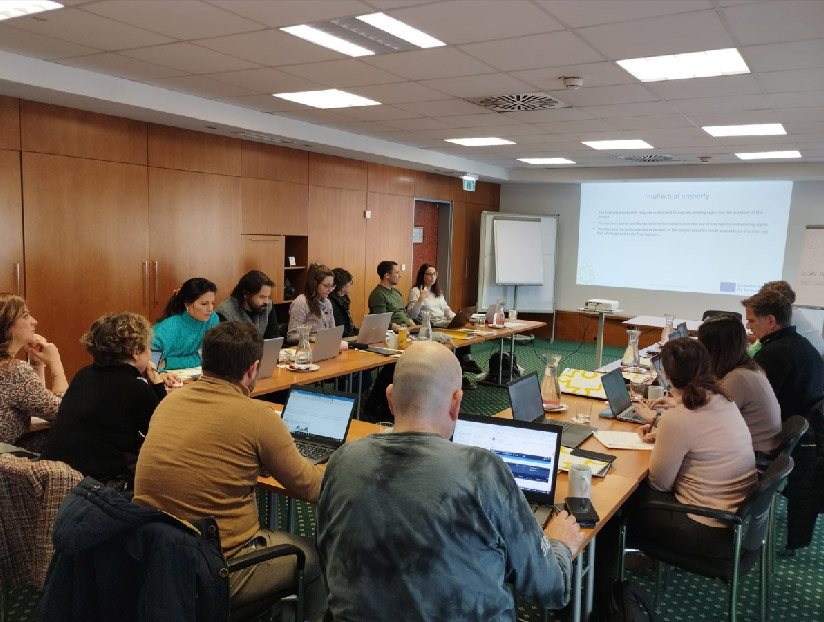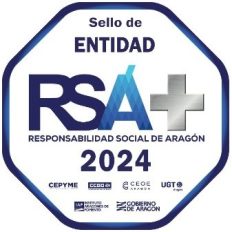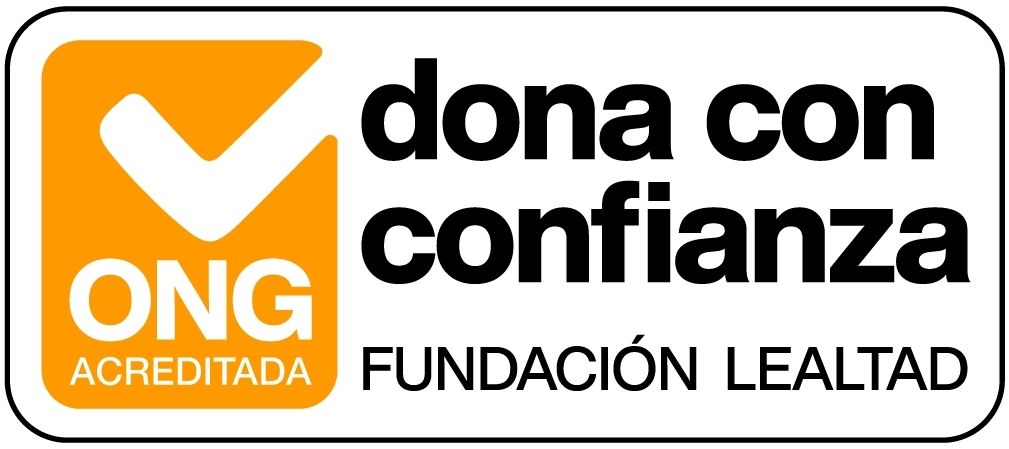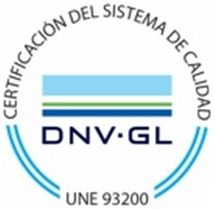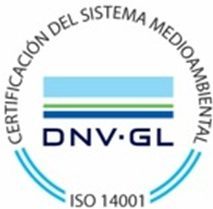Delyramus
Dissemination of early music through the recovery of heritage and traditional fiddling techniques, with the active participation of people with disabilities associated with mental illness.
Background
Fundación Rey Ardid has been collaborating for years with the Escuela de Violería on various cultural projects. Among these projects was one that consisted of creating an instrument accessible to anyone with any kind of disability, whether physical, sensory or mental. This instrument was called Ratatranta and thanks to it the idea of Delyramus was born.
With Delyramus we wanted to create a project to bring early music to the most vulnerable population, especially to people with disabilities associated with a mental health problem, in order to integrate them into European culture and make them aware of the rich heritage they possess, bringing them closer to the European community.
Delyramus has received funding from various sources: at European level through the Creative Europe and Eramus+ Programmes, co-financed by the European Commission, and by the Vinci Foundation at national level.

Objectives
- Development of new training programmes as well as learning materials and tools.
- Development of methodologies and pedagogical approaches to learning and teaching for adult learners.
- Development of new forms of learning and teaching for adults, in particular a strategic use of open and flexible learning and virtual mobility and open educational resources.
- Development of tools and methods for the professionalisation and professional development of adult education teachers and staff.
- Development of strategic cooperation between adult learning providers on the one hand and local/regional authorities on the other.
- Development of the practical application and testing of methods of valorisation of knowledge and competences acquired through informal and non-formal learning.
- Development of training courses to improve the availability and quality of European training courses available to teachers, managers and other staff of adult education institutions.
Outcomes
Cultural Heritage and Social Inclusion. Pedagogical framework and guide for self-evaluation of teaching strategies.
which gives visibility to the importance of culture for social and cultural inclusion of people with disabilities.
whose strings have been made by students with mental health problems.
have been trained in the project through the creation of 3 training modules:
- Training module 1: Design Thinking String Building.
- Training module 2: Instrument building and interpretation of organological sources.
- Training module 3: Performance of traditional, contemporary and performance music.
Partners
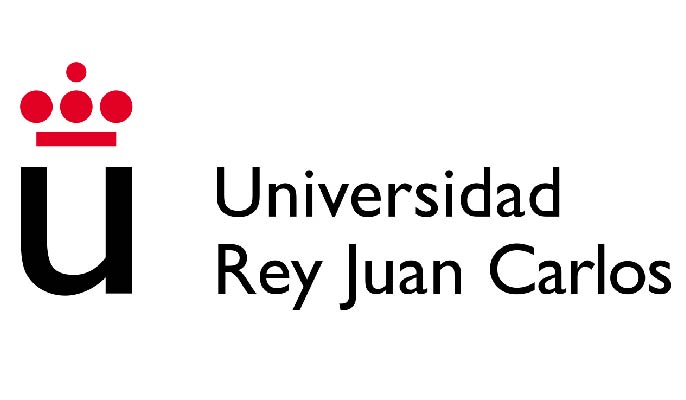
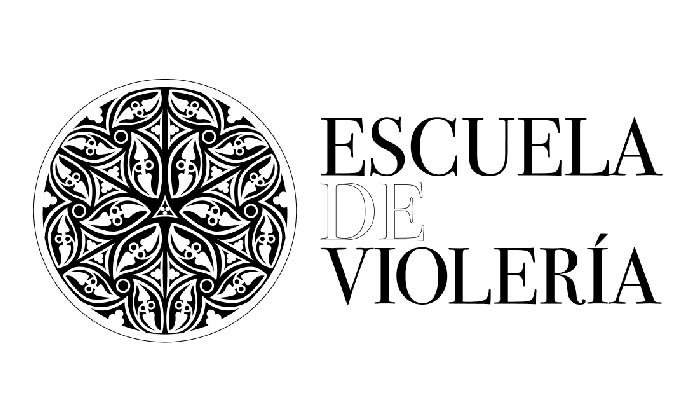
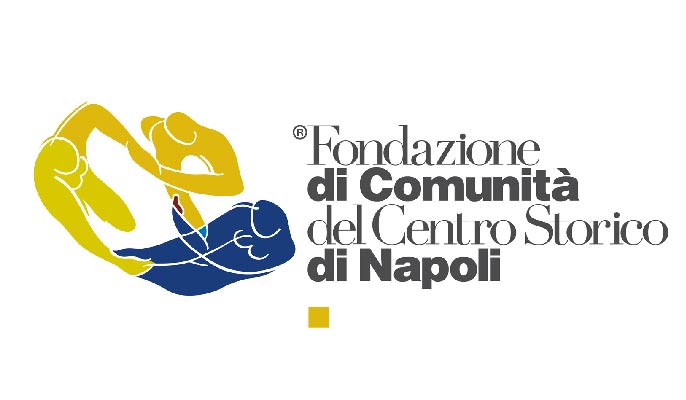
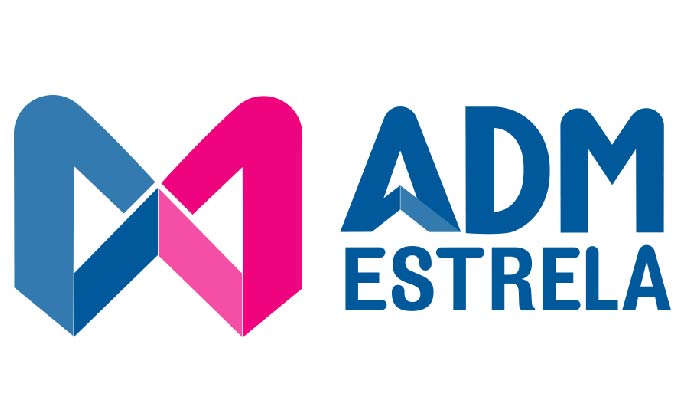
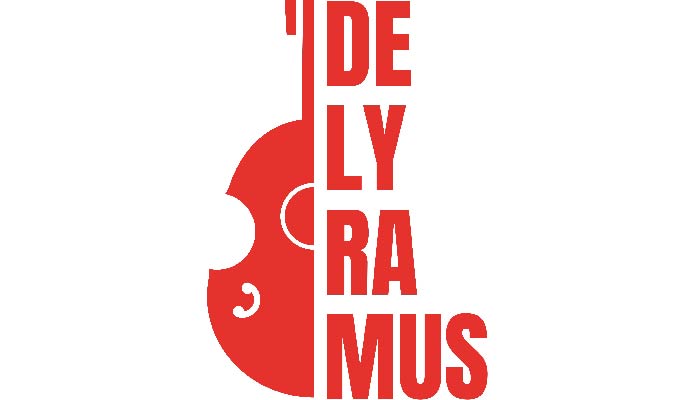
Funds
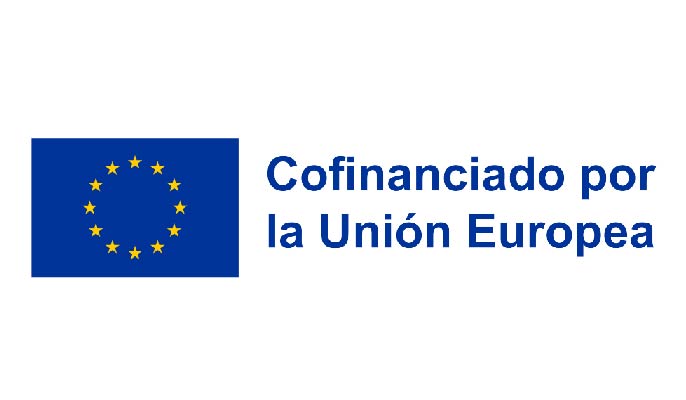
Others from
Our Projects
Project Eurosensibiliza2
Project InDiCo

